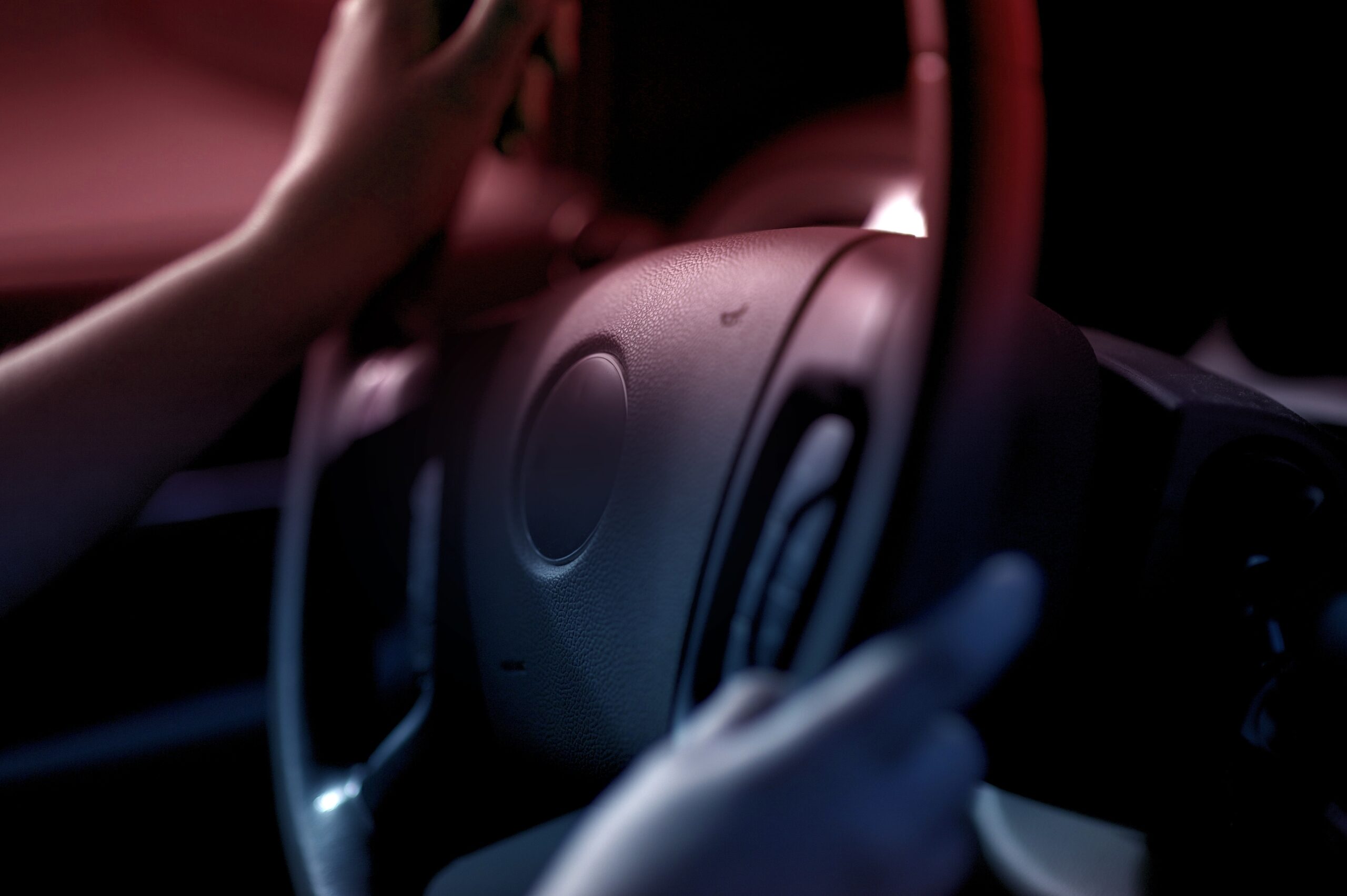Blog

Trusted Northwest Suburban Law Firm
847-944-9400
The latest Illinois DUI law, Senate Bill 627, was signed into law last May and took effect on January 1. This law eliminates “hard time” mandatory license suspensions for drunk drivers, and instead allows them to immediately apply for and drive with a BAIID (breathing ignition interlock device) installed on their vehicle. The BAIID prevents the engine from starting unless the driver’s blood alcohol is .025 or under.
The rules for how the new law affect drivers will depend on their prior DUI arrest convictions, their BAC (blood alcohol concentration) at the time of the arrest and their level of cooperation during the entire incident. Let’s take a look at the before and after of this new law.
FIRST-TIME OFFENDERS
Before: The first time offender would receive a mandatory, statutory summary suspension, which is a 30-day suspension of their driving privileges that would begin 46 days after arrest. If the person’s BAC was over .08 (the legal limit) their license was suspended for six months. If they refused the BAC test on the scene, their license was suspended for twelve months. First time offenders were permitted to file for and drive on a MDDP (Monitored Device Driving Permit) with a BAIID installed, after the first 30 days of their license suspension.
Now: First time offenders do not have a 30-day statutory summary suspension. They can immediately apply for and drive with a BAIID on a MDDP during suspensions ranging from 12-36 months.
FIRST TIME OFFENDERS WHO CAUSED AN ACCIDENT…
(with great bodily harm or permanent disability or disfigurement)
Before: There were certain circumstances that could have lifted the BAIID requirement.
Now: BAIID is required for these individuals, without exception, for the duration of the RDP (Restricted Driving Period). The BAIID is only removed when the driver is “fully reinstated” to full driving privileges and their IL driver’s license is returned to the motorist.
OFFENDERS DRIVING ON A REVOKED LICENSE
(if the revocation was the result of a fatality)
Before: The BAIID would be required during the MDDP (Monitored Device Driving Period), which is granted while the DUI is pending.
Now: A BAIID is required, without exception, and is kept on during the RDP (Restricted Driving Period), which begins post-DUI conviction. The BAIID is only removed when the driver is “fully reinstated” to full driving privileges and their IL driver’s license is returned to the motorist.
REPEAT OFFENDERS
(with a combination of two or more DUIs/Reckless Homicides/Summary License Suspensions)
Before: There were exceptions to the BAIID requirement for these offenses.
Now: There are now no exceptions for anyone with these offenses on their driving record. The BAIID requirement will last throughout the RDP and will only be removed when the driver is “fully reinstated” to full driving privileges and their IL driver’s license is returned to the motorist.
WARNING TO MOTORISTS
The law also adds a signature line to the “Warning to Motorists” form, which explains to the accused the penalties involved if convicted of a DUI. In the past, police officers would indicate “refuse to sign” but now the form must be signed by the accused. The signature line provides a layer of protection for law enforcement and is evidence that is admissible in court, if necessary.
SB627 is being hailed by organizations like Mothers Against Drunk Driving (MAAD) and the Alliance Against Intoxicated Motorists (AAIM) as an exemplary measure by the state of Illinois. Illinois remains a MAAD “five-star state” for its efforts to keep drunk drivers off the roads and provide harsher penalties to offenders.
An attorney can be helpful in explaining your rights in light of the new law. If ever you find yourself or someone you know in need of legal assistance for a DUI offense, please call us at 847.944.9400 or request a free case evaluation below.
